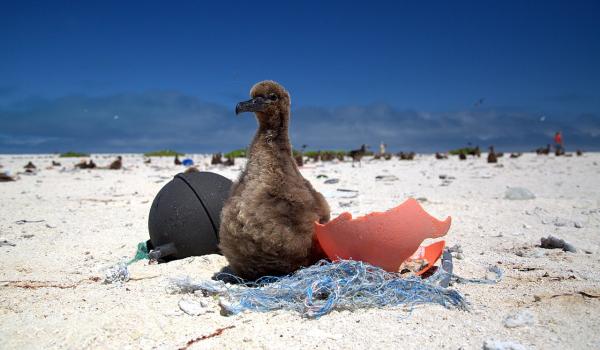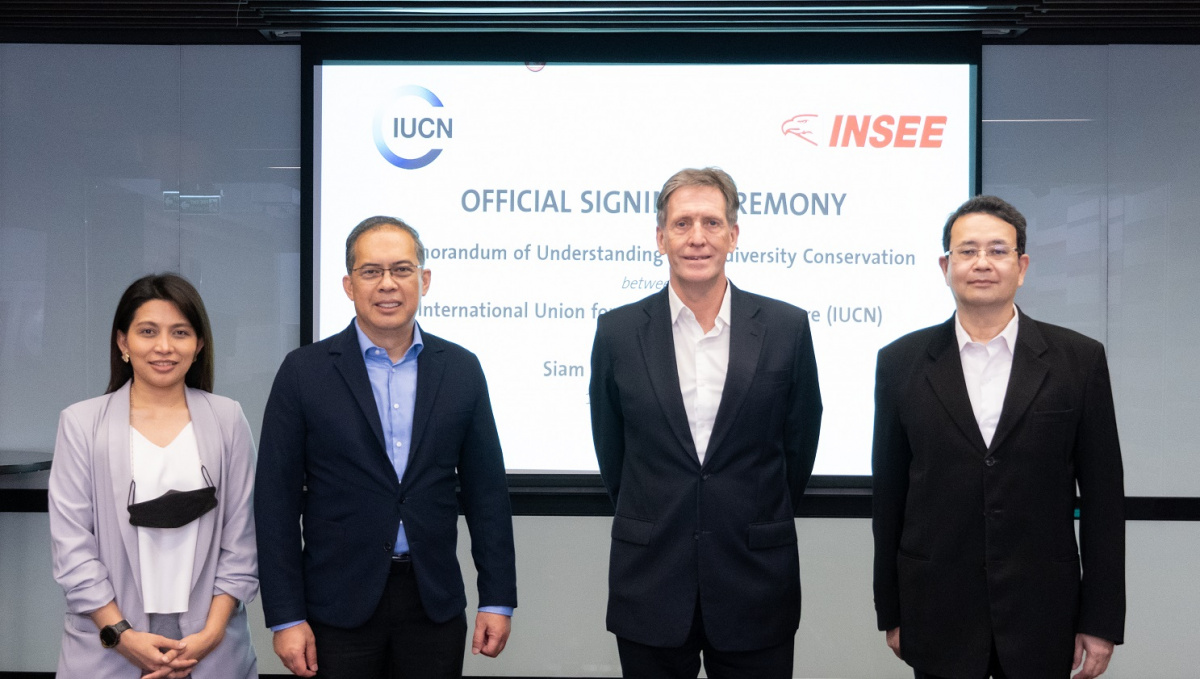Civil society organizations and biodiversity conservation: Sharing experiences to promote collaboration and create partnerships in Thailand
In December 2017, 40 participants from civil society organizations (CSOs), government agencies and the Critical Ecosystem Partnership Fund (CEPF) National Advisory Committee for Thailand took part in a knowledge-sharing workshop in Bangkok. Supported by CEPF, the workshop aimed to encourage CEPF grantees working in Thailand to share success stories and lessons learned, so as to benefit other organizations working on similar topics, including species conservation, freshwater and wetland ecosystem conservation, and marine and coastal resources conservation.
Ms. Supranee Kampongsun, CEPF National Coordinator for Thailand, provided an overview of CEPF projects in Thailand, including a summary of the 17 small and large grant projects totalling US$ 530,000, funded by CEPF in Thailand since 2013. The grantees later presented their project deliverables, lessons learned and success stories, including their recommendations on CEPF project implementation and administration in Thailand.
The recommendations for CEPF in Thailand include: 1) creating an information sharing platform involving CEPF grantees, academic institutions, and government agencies to present project implementation and biodiversity impacts; 2) standardizing and scientifically verifying the biodiversity and ecosystem datagenerated by grantees, and making this available for use by biodiversity conservation planners; 3) sharing lessons learned with other stakeholders working on similar themes across the CEPF Indo-Burma region; 4) integrating project deliverables into the conservation and development plans of local authorities; 5) collaborating with relevant government agencies and scaling up implementation at the national level.
The CEPF long-term vision for Indo-Burmawas presented by Dr. Scott Perkin, Head of IUCN Asia's Natural Resources Group. The vision presents a framework for assessing the robustness of civil society in the region and for determining whether or not CEPF support is still required. Dr. Perkin said that the conditions for reducing CEPF support have clearly not yet been met in Indo-Burma. There is a need for improvement in all five of the priority areas identified in the long-term vision framework, for instance, updating the list of Key Biodiversity Areas, and increasing the institutional capacity and financial resources of civil society.
Ms. Ann Moey, Head of Communications for IUCN Asia , presented the preliminary findings of a scoping study on non-traditional funding sources for biodiversity conservation in the Indo-Burma region. The private sector was highlighted as a strong potential funding source available for CSOs's work on for biodiversity conservation work in the region.
At the conclusion of the workshop, Ms. Supranee Kampongsun said that she hoped that the discussions, lessons learned and experiences shared during the meeting would help to encourage collaboration and the creation of new partnerships. She also expressed her hope that the workshop would help civil society organizations to learn about ways of becoming more sustainable and securing long-term financial support for biodiversity conservation in Thailand and beyond.













